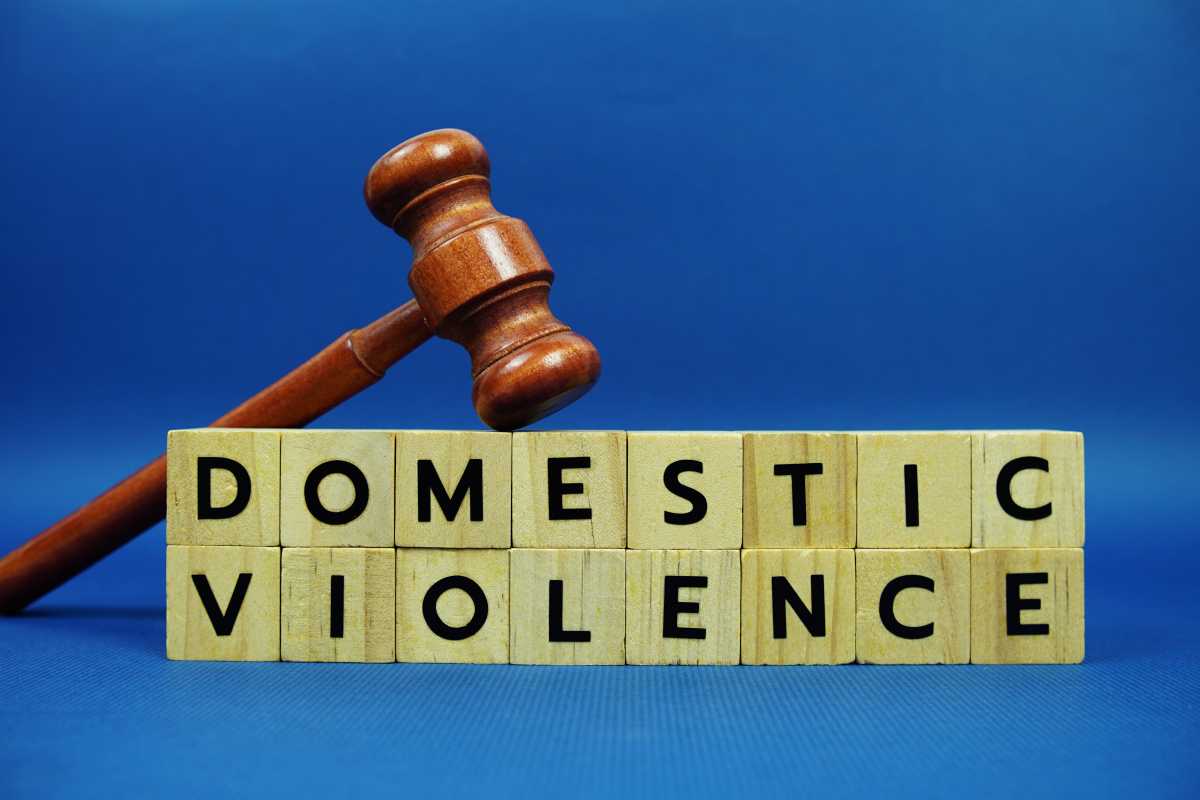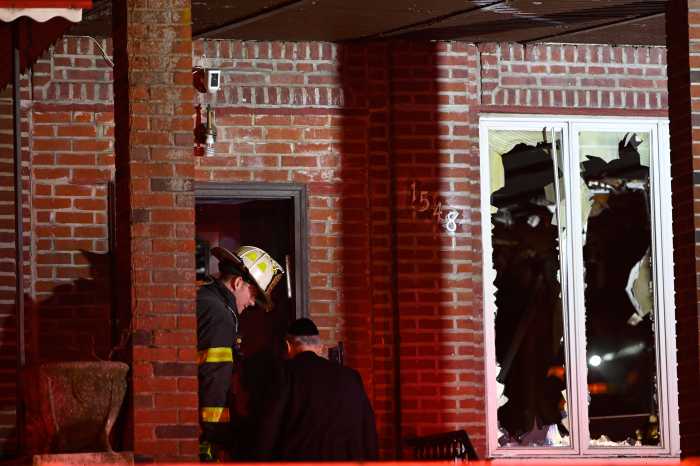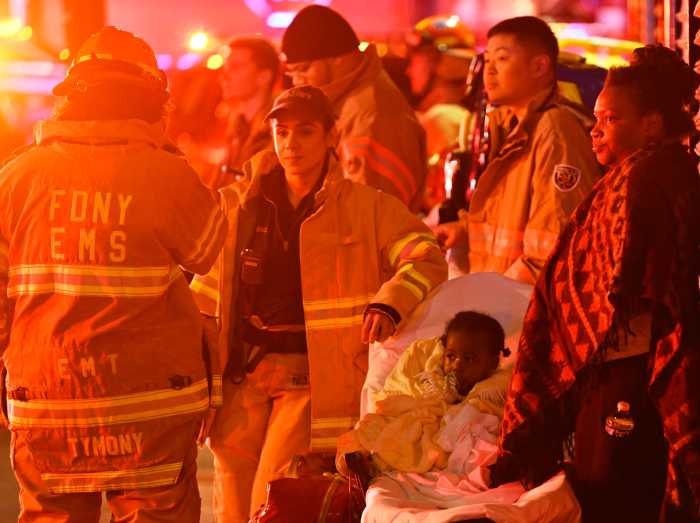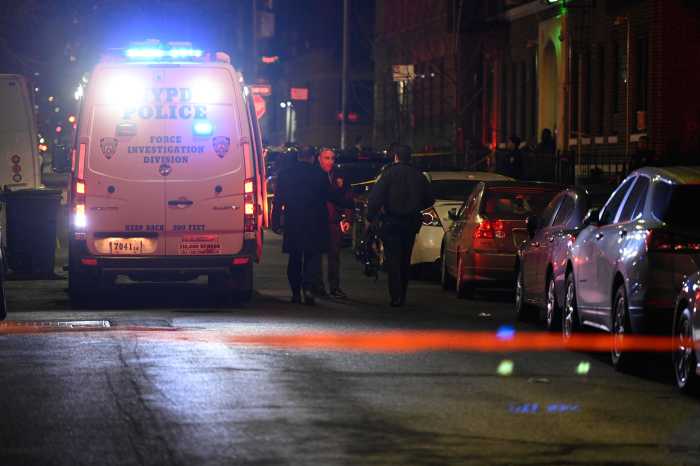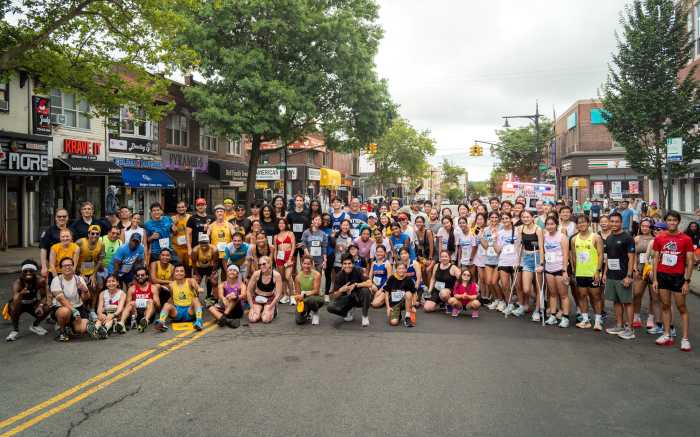Summer often brings a troubling rise in domestic violence incidents, as temperatures soar and the economic strain brought on by disrupted family schedules can spark tensions behind closed doors. This increased danger also puts survivors at risk of losing their homes, as domestic violence remains a leading cause of homelessness.
When survivors leave their abusers, they often do so without financial resources, clear housing options or a stable support system.
Further compounding the challenges survivors face is the possibility of lasting physical harm that can impact their ability to regain stability following a domestic violence incident. But against this backdrop, the New York City Council is taking action and, in the process, perhaps kickstarting a new national effort to better protect and uplift survivors.
In an effort to better address the needs of our city’s most vulnerable, Council leaders are advancing legislation that would require the city to provide specialized training to first responders and service providers on the link between domestic violence and traumatic brain injury (TBI).
If passed and implemented, New York would be the first in the nation to implement such an effort, which would help address one of the most devastating but still underappreciated consequences of domestic violence: brain injury.
Traumatic brain injury is a silent epidemic among domestic violence survivors. Blows to the head, strangulation, and repeated physical assaults can cause lasting damage to the brain, impairing memory, concentration, emotional regulation, and the ability to work. A growing body of research paints a stark picture: One study found that 75% of women who experienced intimate partner violence had sustained at least one TBI—and half had suffered multiple injuries. More severe TBIs were linked to worse performance on memory, learning, and cognitive flexibility tests.
Yet most survivors never receive a diagnosis. Medical personnel, law enforcement, and social workers are rarely trained to screen for or respond to brain injuries in the aftermath of domestic violence. Instead, symptoms of TBI are often misread as psychological issues, noncompliance, or instability, leading to misjudged credibility, missed support opportunities, and lasting harm.
That’s why some domestic violence shelters—including those run by Volunteers of America-Greater New York—have implemented routine screenings for TBIs at intake. This helps catch instances that may otherwise have fallen through the cracks and connect them to qualified medical professionals.
But more needs to be done. The new effort would make New York the first major city in the U.S. to formally integrate TBI screening into its domestic violence response protocols. The proposed training would equip emergency responders, case managers, and police officers with the tools to recognize and respond to signs of brain injury and connect survivors with the support they need.
Ultimately, it would begin to close a persistent gap in care that undermines outcomes for victims.
But the implications of this bill extend beyond health. Untreated TBIs can make it hard for survivors to hold down a job, pursue education, or maintain stable housing. Survivors may struggle to show up consistently or perform at the level they once could. Some are fired, while others leave the workforce entirely. Without the proper diagnosis or accommodations, survivors are left to navigate these cascading challenges alone, compounding the already immense challenges faced by those trying to rebuild their lives.
Too often, our public systems treat domestic violence as a criminal issue alone, focusing narrowly on punishing abusers rather than supporting survivors through the full scope of their trauma. Prosecution is critical, but it is not enough. Healing requires more than a conviction.
This legislation reframes the problem with compassion. It recognizes that survivors carry invisible injuries and need trauma-informed, medically competent care. It sends a powerful message: that New York is committed not just to punishing violence, but to repairing the damage it can cause.
Historically, cities across the country have looked to New York for leadership on everything from smoking bans to marriage equality and policing reforms. With this bill, New York has a chance to lead again—this time, by addressing a long-overlooked public health crisis affecting millions. Recognizing the link between domestic violence and traumatic brain injury is an important step in helping victims receive the support and care they deserve.
City Council Majority Leader Amanda Farías represents the 18th City Council District in the Bronx. Noelle Withers is executive vice president and chief program officer at Volunteer of America-Greater New York.



